Posted by Zosi Learning
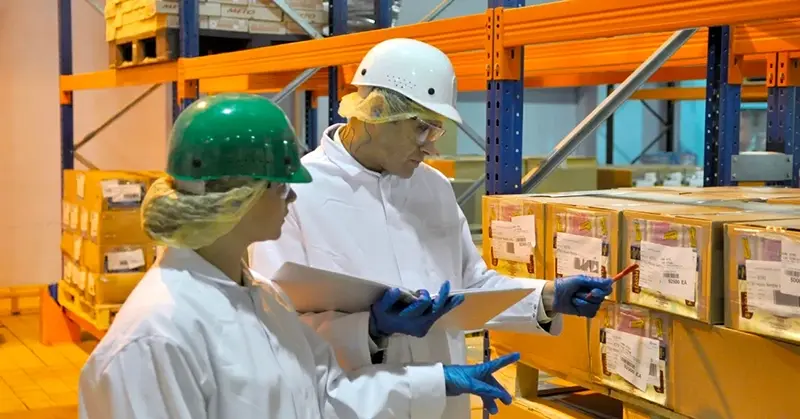
In today’s complex food supply chain, ensuring food defense is critical not only to protect public health but also to uphold your company’s reputation and integrity. While robust internal processes form the foundation of any effective food defense program, establishing strong external relationships is equally vital. These partnerships can enhance your preparedness and response during a crisis, positioning your organization for long-term success.
In this blog, we’ll explore the importance of external partnerships in food defense, the key players you need to collaborate with, and proactive steps to build a resilient food defense network. You’ll also learn how to find reliable food defense partners and the benefits of collaborating with them to strengthen your organization.
Watch: How To Develop a Network of Food Defense Partners
The Importance of External Relationships in Food Defense
Beyond the Plant Walls
Food defense isn’t confined to the boundaries of your facility. It extends into a broader network that includes suppliers, customers, public health authorities, regulatory agencies, and law enforcement. External collaboration strengthens your ability to detect and address threats before they escalate. This approach is key to building food defense networks that can respond quickly and effectively to potential crises.
Proactively building relationships with external partners ensures that when a crisis arises, you’re not starting from scratch. Instead, you’ll have an established network ready to support your food defense program.
Critical External Partners
- Public Health Authorities: These organizations play a key role in investigating outbreaks and identifying contamination sources. Their insights are essential for food defense collaboration.
- Intra-Company Partners: If you’re part of a larger corporation, collaborating across divisions ensures consistency in food defense practices.
- Regulatory Agencies: Partnering with agencies like the FDA helps ensure compliance with the FSMA Intentional Adulteration Rule and enhances food defense crisis preparedness.
- Suppliers and Customers: A secure supply chain requires transparent communication and collaboration to identify vulnerabilities and establish food defense partner programs for manufacturers.
- Law Enforcement, Including the FBI: The FBI’s Weapons of Mass Destruction (WMD) agents are critical allies during cases of intentional adulteration or other security threats.
For an in-depth overview of food defense roles, visit our Food Defense Roles blog.
Building Relationships with Key Food Defense Partners
Connecting with Law Enforcement
Begin by reaching out to your regional FBI office or WMD agents. The FBI often plays a crucial role in handling intentional adulteration cases, making early collaboration invaluable. Knowing how to find reliable food defense partners within law enforcement can significantly strengthen your program.
Collaborating with Public Health Authorities
Engage with local and state health departments to understand their investigation processes. These relationships can help you navigate the complexities of a crisis response more effectively. Such external partners in food defense provide vital expertise and resources during emergencies.
Establishing Supplier and Customer Relationships
Work closely with suppliers and customers to ensure a secure supply chain. This involves identifying vulnerabilities and implementing collaborative solutions to mitigate risks. Building food defense networks with these stakeholders is essential to creating a resilient supply chain.
Proactive Steps for Building Your Food Defense Network
Facility Tours and Initial Conversations
Invite external partners to tour your facility. This helps them understand your operations and provides an opportunity to discuss their investigation processes without revealing proprietary information. These steps are integral to establishing food defense partner programs for manufacturers.
Ongoing Relationship Maintenance
- Regularly update contact lists to account for staff changes.
- Schedule annual check-ins to refresh communication channels and reinforce collaboration.
Proactively maintaining these relationships ensures they remain strong over time. Learn more about a Food Defense Qualified Individual (FDQI) role to lead this effort or consider our Food Defense Supervisor Course for supporting personnel.
Long-Term Benefits of a Food Defense Network
Enhanced Crisis Preparedness
Established relationships with external partners expedite your response during food defense incidents, minimizing disruption and safeguarding public health. This level of preparedness demonstrates the benefits of collaborating with food defense partners.
Strengthened Food Defense Programs
Collaboration fosters continuous improvement in your food defense strategy, ensuring compliance with evolving regulations and reducing vulnerabilities. Food Defense Qualified Individual (FDQI) support further enhances the program’s effectiveness.
To better understand how to become a Food Defense Qualified Individual (FDQI), explore our Food Defense Awareness Training, and discover actionable strategies in our Intentional Adulteration Prevention blog.
Conclusion
Developing a robust network of food defense partners is essential for long-term success in protecting public health and maintaining business continuity. By proactively engaging with external collaborators, you can strengthen your food defense strategy and ensure your organization is prepared for any challenges that arise.
Take the first step today by exploring Zosi Learning’s Food Defense Awareness Training to build a safer, more secure food supply chain.


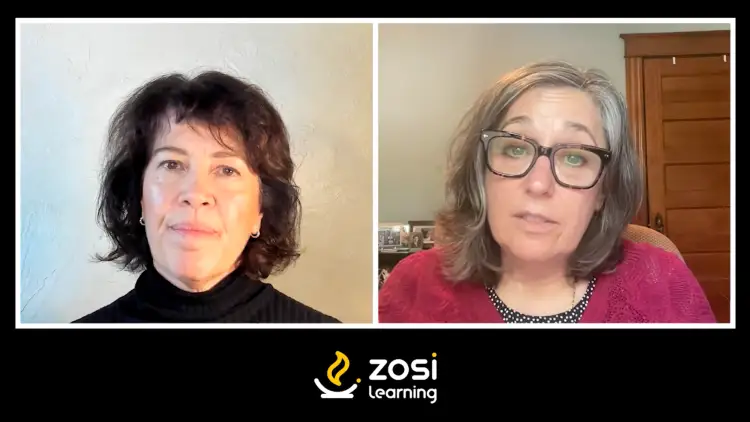
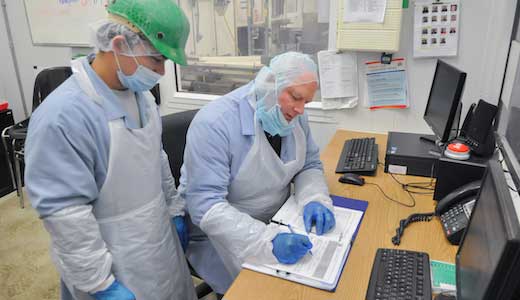 Food Defense Manager
Food Defense Manager
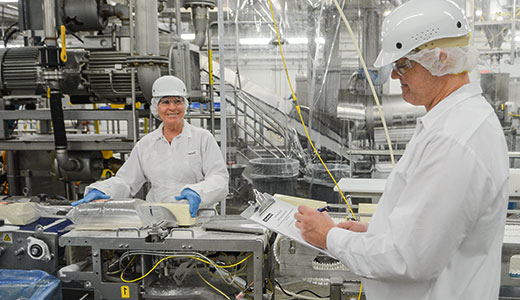 Food Defense Supervisor Awareness
Food Defense Supervisor Awareness
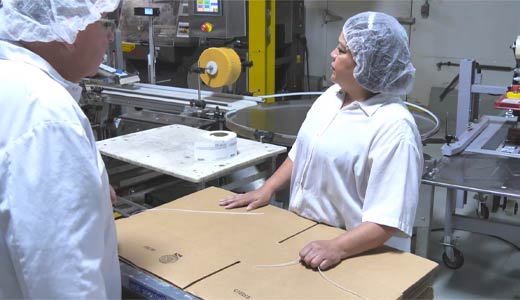 Food Defense in 15
Food Defense in 15

